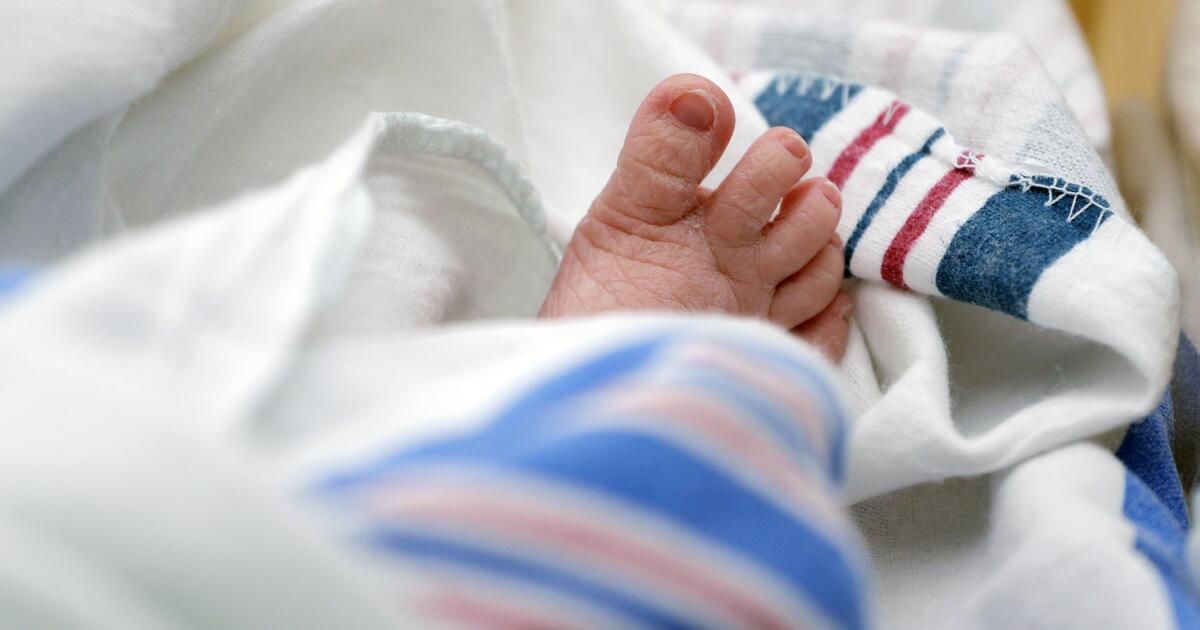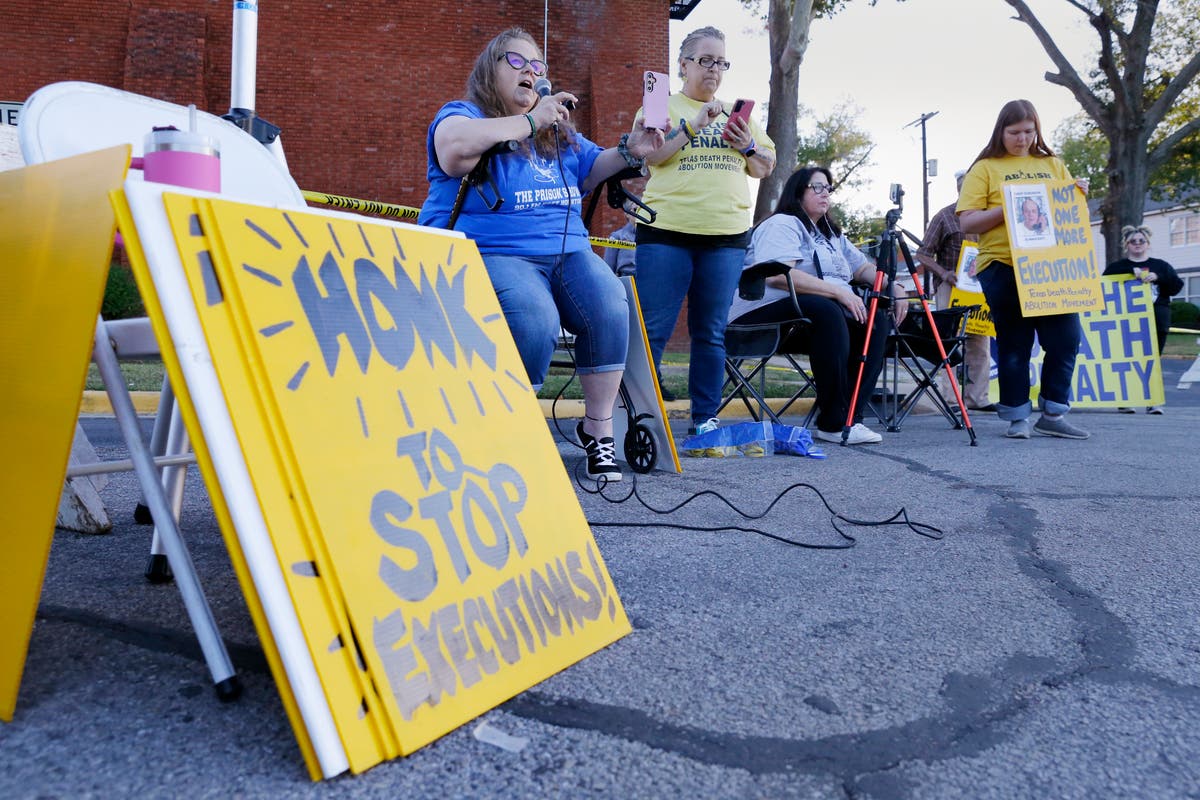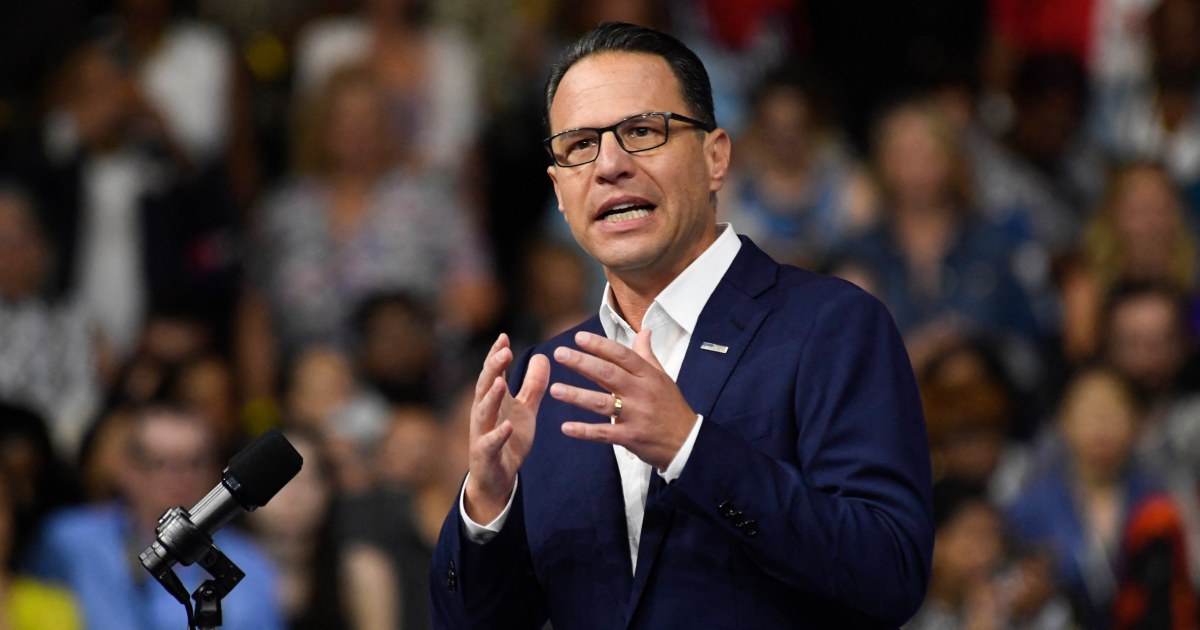Hi. I’m a bit of a news junkie.
- 3.47K Posts
- 158 Comments

 6·24 days ago
6·24 days agoYep and as recent as 2014:
The national campaign to ban geoengineering can be traced back to Rhode Island in 2014, when a lawmaker looked to the sky and saw a conspiracy.
…
Ms. MacBeth’s beliefs are better known as the “chemtrails” conspiracy theory, which posits that airplanes are secretly emitting dangerous chemical trails, as opposed to water vapor naturally released as condensation from planes’ engines, which turns to visible trails of ice crystals in the cold air. There is no evidence supporting the chemtrails theory, which has attracted many followers through social media.

 18·27 days ago
18·27 days agoTikTok is fighting a possible US ban in January 2025 and was in court last week to argue the questions that you’re raising: https://www.npr.org/2024/09/16/g-s1-23194/tiktok-us-ban-appeals-court

 21·1 month ago
21·1 month agoThis CNN article links to the clips: https://www.cnn.com/2024/09/17/politics/jd-vance-kamala-harris-fascist/index.html

 19·1 month ago
19·1 month agoIt’s a bit more nuanced than that. The article doesn’t talk about it, but this NYT article touches on how these Chinese sites are exploiting the de minimis exemption loophole to circumvent US anti-forced labor law, which companies have to comply with to keep their supply chain free of slave labor (Uyghurs in Xinjiang for example):
Lawmakers are flagging what they say are likely significant violations of U.S. law by Temu, a popular Chinese shopping platform, accusing it of providing an unchecked channel that allows goods made with forced labor to flow into the United States.
https://www.nytimes.com/2023/06/22/business/economy/shein-temu-forced-labor-china.html

 16·1 month ago
16·1 month agoAgreed. ChatGPT doesn’t like to cite sources. Microsoft CoPilot and Google Gemini do link to some sources, though not as accurate or thorough like Wikipedia.

 36·2 months ago
36·2 months agoFrom the article, attempts to improve things are blocked:
When President Joe Biden and Harris first took office, Biden rescinded the Trump-era zero-tolerance policy and established a family reunification task force that found that more than 5,000 families were separated under the policy.
More recently, the Biden administration worked with a bipartisan group of senators to craft a comprehensive immigration and border security plan that seemed to have buy-in from both parties on Capitol Hill.
But GOP support for the bill tanked after Trump indicated his disapproval of the plan.

 71·3 months ago
71·3 months agoWow, thanks for the kind words, @[email protected]. It’s nice to see such positivity on the internet, so keep it up!

 1·3 months ago
1·3 months agodeleted by creator

 9·4 months ago
9·4 months agoThanks treefrog!

 26·4 months ago
26·4 months agoAppreciate the recognition, Flying Squid. And I’ll try to make it easier for people who skim.

 851·5 months ago
851·5 months agoThe rescue’s reason:
“LDCRF does not re-home an owner-surrendered dog with its former adopter/owner,” Floyd said in her written statement. “Our mission is to save adoptable and safe-to-the-community dogs from euthanasia.”

 23·6 months ago
23·6 months agoYeah, even Homeland Security acknowledges it too:
“Fundamentally, our system is not equipped to deal with migration as it exists now, not just this year and last year and the year before, but for years preceding us,” Homeland Security Secretary Alejandro Mayorkas said in an interview with NBC News. “We have a system that was last modified in 1996. We’re in 2024 now. The world has changed.”
But guess who in Congress don’t want to change that?
The position of Mayorkas and the Biden administration is that these problems can only be meaningfully addressed by a congressional overhaul of the immigration system, such as the one proposed in February in a now defunct bipartisan Senate bill.
“We cannot process these individuals through immigration enforcement proceedings very quickly — it actually takes sometimes more than seven years,” Mayorkas told NBC News. “The proposed bipartisan legislation would reduce that seven-plus-year waiting period to sometimes less than 90 days. That’s transformative.”
Now, after a hard-negotiated bipartisan Senate compromise bill has been released, Republicans are either vowing to block it or declaring it “dead on arrival,” in the words of House Speaker Mike Johnson.

 25·6 months ago
25·6 months agoCan confirm that Chichén Itzá is now roped off. And Yucatán is now the safest state in Mexico:
Mexico’s lowest-crime region is strengthening its reputation as an oasis of calm in a country roiled by drug killings. Yucatán, the southeastern state known for its Mayan ruins, has a homicide rate more than 90% lower than the national average.
https://www.bloomberg.com/news/articles/2023-05-10/how-did-yucatan-become-mexico-s-safest-state

 12·6 months ago
12·6 months agoFrom the article, it’s likely because they live and work in lower income areas:
He said it’s hard to give one reason why Southeast Asians are feeling the brunt of this hate, but he thinks financial status might play a role. A 2020 report by the Southeast Asia Resource Action Center said that all Southeast Asian ethnic groups have a lower per capita income than the average in the U.S.
“It depends on socioeconomics,” Chen said. “Where these people are living, where they’re commuting, where they’re working. That may be a factor as well.”

 20·6 months ago
20·6 months agoWhat you’re saying tracks with the article as well:
Charlene Harrington, a professor emeritus at the nursing school of the University of California-San Francisco, said: “In their unchecked quest for profits, the nursing home industry has created its own problems by not paying adequate wages and benefits and setting heavy nursing workloads that cause neglect and harm to residents and create an unsatisfactory and stressful work environment.”

 103·6 months ago
103·6 months agoOh you mean the post summary. Yeah, that’s the article’s verbatim linked URL. Check the article’s source and see for yourself.
In any case, thanks for pointing that out. I’ve stripped the tracker link and updated the post summary portion.

 62·6 months ago
62·6 months agoHuh? That’s the exact same link as the post’s.

 9·6 months ago
9·6 months agoFWIW the most recent analysis I came across from a law professor makes me think the emergence of the “major questions doctrine” is more concerning:
In Loper Bright Enterprises v. Raimondo, the US Supreme Court will decide whether to overrule one of its most frequently cited precedents—its 1984 opinion in Chevron v. NRDC. The decision in Loper may change the language that lawyers use in briefs and professors use in class, but is unlikely to significantly affect case outcomes involving interpretation of the statutes that agencies administer. In practice, it’s the court’s new major questions doctrine announced in 2021 that could fundamentally change how agencies operate.
…
I am much more concerned about the court’s 2021 decision to create the “major questions doctrine” and to apply it in four other cases than I am about the effects of a potential reversal of Chevron in Loper. Lower courts are beginning to rely on the major questions doctrine as the basis to overturn scores of agency decisions. That doctrine has potential to make it impossible for any agency to take any significant action.

















Looks like AP dropped the ball on this one because that’s not what the prosecutors said. They said:
https://www.justice.gov/usao-sdny/pr/us-attorney-announces-charges-against-18-defendants-scheme-manufacture-and-distribute